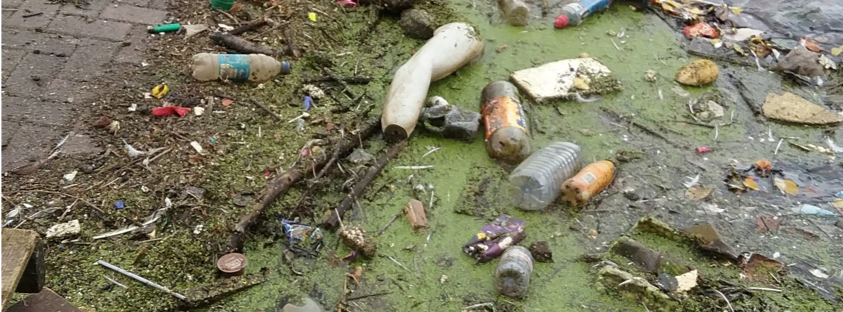Council calls for fly-tipping to be tackled more vigorously in bid to clean up Manchester
- Manchester council to work with waste management company Biffa to clean 'hot-spot' areas
- Fly-tipping clean-up costing council massive £2m per year
- City council reveals fly-tipping reports increased by 126% in first half of 2021
Reports of fly-tipping reports increased by 126% during the first half of 2021 with 1,569 incidents reported in one hot-spot alone, it has been revealed.
At a environment and climate change scrutiny committee, Councillor John Flanagan raised concerns that skip companies say the council takes up to 10 days to give street permits for skips, while other authorities are getting these permits within a day.
He said delays in permits for skips can lead to members of the public resorting to fly-tipping asked for the council to “urgently look into this matter”.
During the meeting, councillors also discussed the need for education on waste disposable in particular neighbourhoods.
Councillor Lee-Ann Igbon, chair of the committee, said a lot of areas with high fly-tipping rates were high poverty areas and there was a need to educate and support people in “hot-spot” areas such as Harpurhey.
It was revealed during the meeting that around £2m is spent each year sending out crews to clean up fly-tipped waste.
In Apr, May & Jun we prosecuted 46 offenders for fly tipping in #Manchester. Offenders were fined up to £480 inc costs, totalling £25,769. pic.twitter.com/fR0mj94QrO
— Manchester City Council (@ManCityCouncil) July 12, 2017
Councillor John Hughes called for tips to allow commercial waste as well as household waste to resolve the matter.
He said: “It costs a damn-sight more to send crews out to pick up fly tipping”.
Councillors agreed to “use all methods that they can to tackle fly-tipping within Manchester”.
Joint co-ordinator of Manchester Friends of the Earth, Ali Abbas, told the Northern Quota after the meeting: “I think part of it is about people understanding the things you could do with waste that isn’t just about throwing it away and certainly that fly-tipping isn’t an appropriate thing.”
Ali suggested that councils could look at further education on the matter and perhaps different solutions such as local neighbourhood reuse and sharing schemes or collections.
“Councillors could do to both educate and support people to recycle and to reuse, which will then help addressing those problems,” he said.
He said areas of higher poverty were not always to blame: “Often it may well be from people from outside the community that are bringing stuff and dumping it in those communities.
“It’s those in these deprived communities who get impacted most.
“Often, it’s not down to them and it’s not their fault. They haven’t got the support from the council, or the time or the energy to fight these issues and call them out.”
Speaking to NQ, Extinction Rebellion activist Beth Meadows said: “Fly-tipping is obviously really bad, but for people to fly-tip, they might not have the means to get it elsewhere.”
Residents face a fine of up to £400 for fly-tipping. Householders can get rid of large, unwanted items by contacting the council. Fly-tipping cen be reported through the council.
The council plans to continue projects to stop the illegal dumping of waste that were interrupted over the past year due to the pandemic.


